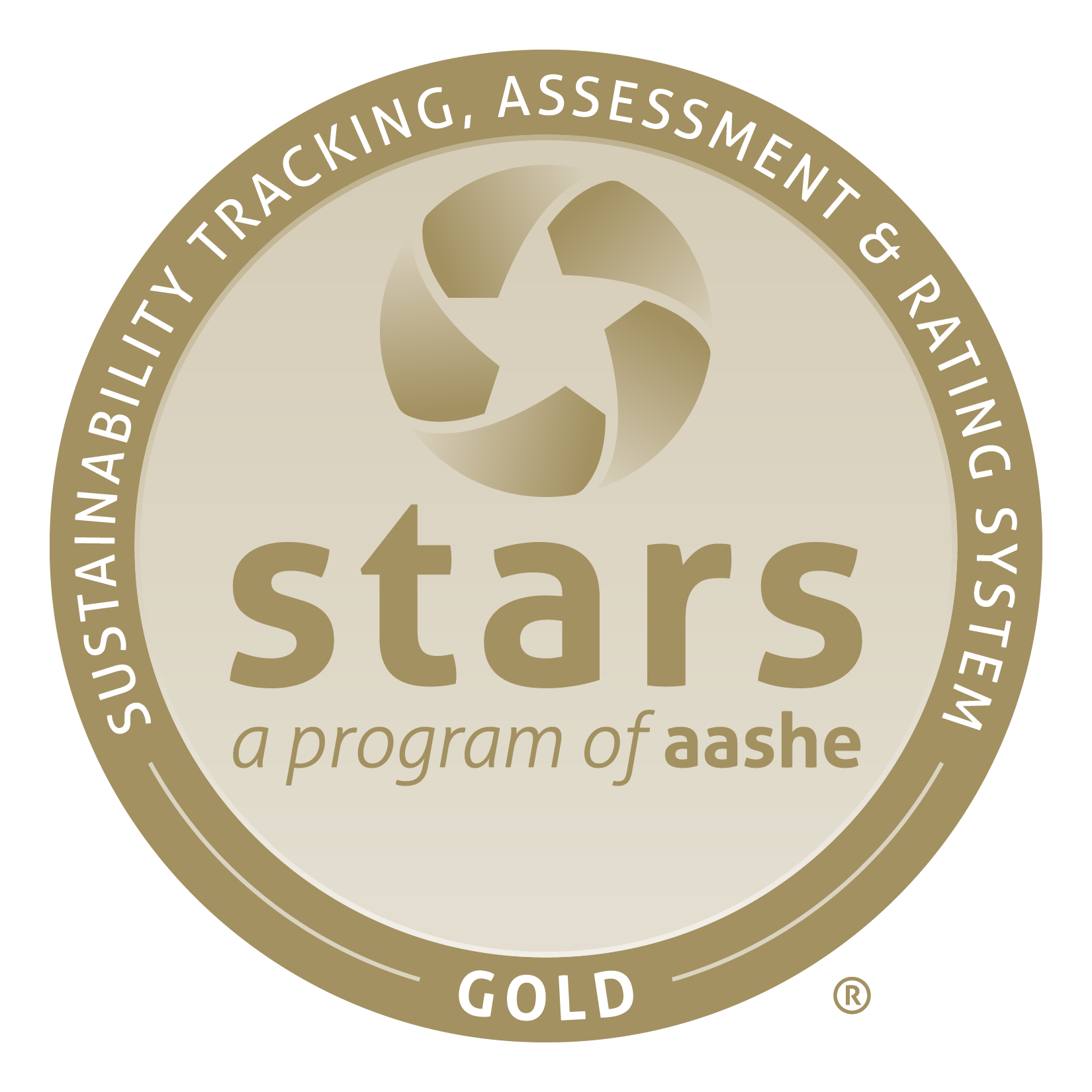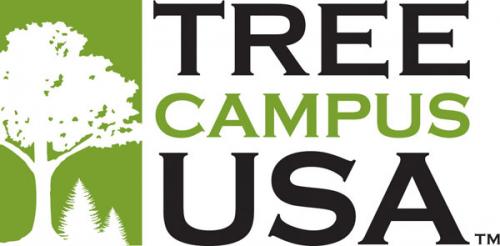Sustainable food
Skidmore purchases a large amount of food, and this provides us with leverage to influence food distribution and other components of the food supply system. Food production, processing, and distribution methods are integrally connected to both ecosystem health and human health.
The 2025 goal is to source 25% of food that meets the institution’s Sustainable Food metrics. Sustainable Food is primarily defined by the following criteria:
- Local and Community-Based: These foods can be traced to farms and businesses that are locally owned and operated (within 150 miles). Sourcing local and community based foods supports the local economy and builds community relations. Foods travel fewer miles to reach consumers. Seasonal foods, when fresh, often have a higher nutrient content.
- Fair: Individuals involved in food production, distribution, preparation--and other parts of the food system—work in safe and fair conditions; receive a living wage; are ensured the right to organize and the right to a grievance process; and have equal opportunity for employment. Fair food builds community capacity and ensures and promotes socially just practices in the food system.
- Ecologically Sound: Farms, businesses, and other operations involved with food production practice environmental stewardship that conserves biodiversity and preserves natural resources, including energy, wildlife, water, air, and soil. Production practices should minimize toxic substances as well as direct and indirect petroleum inputs.
- Humane: Animals can express natural behavior in a low-stress environment and are raised with no hormones or unnecessary medication.
Dining Hall Efforts
Food waste reduction strategies: Proper food handling can reduce wasted food significantly by making sure that food does not have to be thrown out because of avoidable mistakes. Skidmore Dining Services works hard to ensure that their staff is properly trained, first and foremost to ensure the safety of the students and their staff, but also to reduce the amount of food that is thrown away. Dining Services staff members go through knife training, which reduces the amount of food wasted during food preparation. In addition, all staff and management are Servsafe-certified. The certification course instructs dining service staff about proper food handling; mishandled food is food that often needs to be thrown out. Servsafe covers systems such as "first in, first out," which ensures that the oldest product is used before the newest, and proper storage temperatures for various types of food. To reduce overserving students, staff members use scales, scoops and spoons to manage serving size. Finally, Dining Services staffers are encouraged to be creative in their use of leftovers for soups or other daily chef creations.
Trayless dining: The trayless dining program was implemented many years ago and has been successful since Day One. The trayless program reduces food waste, as people are less likely to take more food than they can eat. By not having trays to wash, the dining hall also saves water, energy and cleaning supplies. Together, the program has made a significant impact in reducing waste and overall consumption.
Expanded vegetarian and vegan options: Through the generous support of a college trustee, Skidmore opened Emily's Garden, which offers vegetarian and vegan options. Emily's Garden has also expanded the amount of local, organic produce on campus.
Partnerships with local farms: Skidmore's dining services has created several partnerships with local farms, working extensively with Saratoga Apple; receiving more flour from New York State–based grain producer and flour mill North Country Farms; buying shell eggs from Thomas Poultry; selling milk in retail locations from Battenkill Farms; and providing local milk from Stewart's Shops in the Murray Aikins Dining Hall.
You can read more about these initiatives on the Dining Services website.

Skidmore Community Garden
In April 2009 volunteers from the Environmental Action Club, with the support of Facilities Services, broke ground to create the Skidmore College Student Garden. Come 2015, the garden was moved from North Broadway to the heart of campus by Wiecking Hall. The garden supplies local food, grown using organic practices, to Skidmore's dining hall. Read more about the Community Garden at the Student Programs Page.



